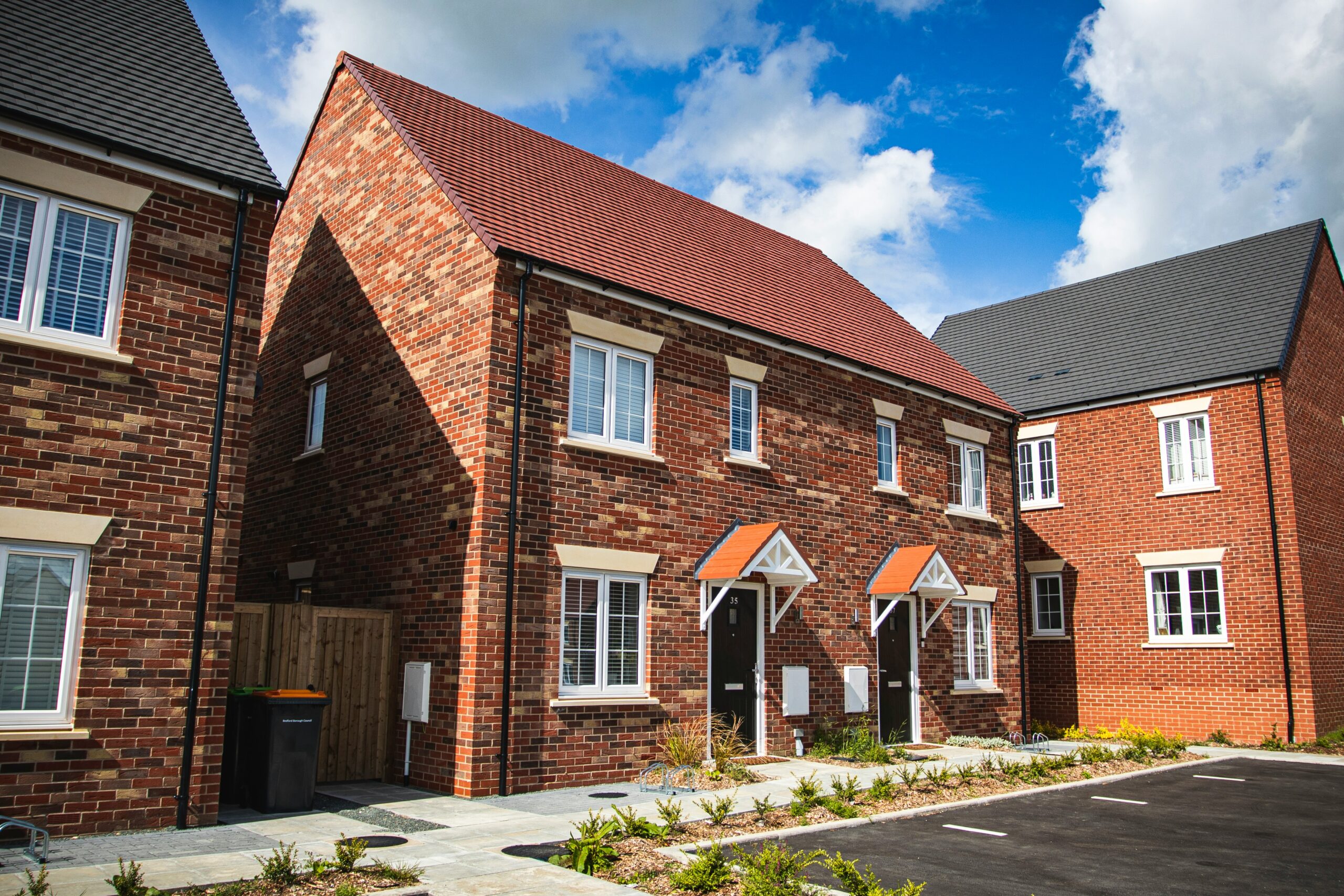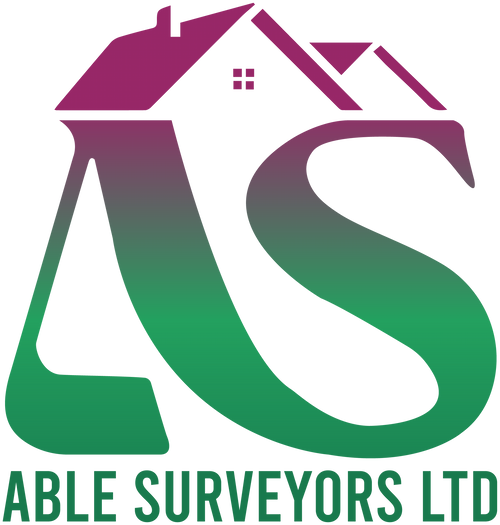
Buying a home is a significant milestone and not always an easy one! A home is a significant investment, which is why it can be a complex process that involves various inspections and assessments to ensure that you are making the right choice. Among these inspections, a RICS (Royal Institution of Chartered Surveyors) home survey stands out as a crucial step in understanding the condition of the property you’re about to invest in. Whether you’re a first-time buyer or a seasoned homeowner, preparing for a RICS home survey can help streamline the process and ensure that you make informed decisions.
Understanding RICS Home Surveys
Before delving into preparation tips, it’s essential to grasp the different types of RICS home surveys available. The kind you need can differ depending on where you are in the home-buying or selling process. Our team of RICS chartered surveyors offers three main types:
- RICS Property Valuations: The property valuation is primarily and simply a valuation of your property. These are typically used for tax planning, probate, insurance and matrimonial matters and aren’t recommended for buying a property.
- RICS Homebuyer Report (Level 2): More detailed than the valuation, the Level 2 RICS survey assesses the property’s condition and identifies any visible defects, potential problems, and necessary repairs. We provide a detailed inspection of the interior and exterior of the property, including any utilities and some grounds aspects. It is non-invasive and use a traffic light system for any defects that require attention.
- RICS Building Survey (Level 3): The most comprehensive option, the Level 3 RICS Survey is suitable for older or non-standard properties, providing an in-depth analysis of the building’s condition, structure, and recommendations for maintenance and repairs. This also includes a traffic light grading system for easy identification of key issues.
Tips for Homeowners Preparing for a RICS Home Survey
There isn’t much that you need to do to prepare for your RICS survey. Our surveyors are experts in their field and are well-versed in surveying countless types and states of properties, meaning we can conduct surveys on most properties without requiring anything from you. However, there are a few things that you can do in order to streamline the process and ensure your survey goes as smoothly as possible. These include:
- Gather Documentation:
Collect any relevant documentation about the property, including planning permissions, building regulations certificates, and guarantees for works carried out. By providing the surveyor with access to these documents, you aid their assessment and ensure that all potential issues are addressed adequately.
- Clear Access:
Safety is paramount and ensuring that the surveyor has unobstructed access to all areas of the property, including the attic, basement, and any outbuildings will ensure that they not only stay safe while conducting the survey but can access all potential problem points. Clear away clutter and move any obstacles that may hinder the inspection process.
- Highlight Concerns:
Make a list of any specific concerns or issues you’ve noticed about the property, such as damp patches, cracks, or leaks. While we will typically find them during they survey, by communicating these concerns to the surveyor at the time of booking, you can ensure they pay close attention to these areas.
- Utilities and Services:
Ensure that all utilities, including gas, electricity, and water, are turned on and accessible during the survey. If possible, provide documentation related to any recent servicing and maintenance of these utilities as extra insight for your surveyor.
- Budget for Repairs:
Be prepared for the possibility of the survey uncovering issues that may require repairs or maintenance and therefore, costs. By factoring potential repair costs into your budget, you can be more realistic about the financial implications of addressing any identified issues and ensure you are prepared to get the work done as soon as possible.
After The Survey
After your survey has been completed, you will receive a report that details any potential problems that need to be addressed. While our Level 3 survey breaks down potential costs involved in the necessary repairs, the next steps are up to you. To make the most of your survey, you should:
- Review the Survey Report:
Once the survey is complete, you now have the opportunity to carefully review the survey report provided by your RICS surveyor. We utilise an easy-to-understand grading system and provide advice and expected costs where relevant, so pay close attention to any areas flagged as requiring attention and seek further advice or clarification if needed.
- Seek Professional Advice:
If the survey identifies significant issues or raises concerns about the property’s condition, consider seeking advice from relevant professionals, such as structural engineers or building contractors. We can also conduct further issue-specific surveys to give a more in-depth approach to a particular problem, giving you better insight into what needs to be done next.
By following these tips and actively participating in the survey process, homeowners can gain valuable insights into the condition of their prospective property and make well-informed decisions regarding their purchase. Remember, investing time and effort in preparing for a RICS home survey can ultimately help safeguard your investment and ensure peace of mind for years to come. For more information or to book your survey with our team, we are on hand to help. Simply get in touch with our surveyors for support, today.
